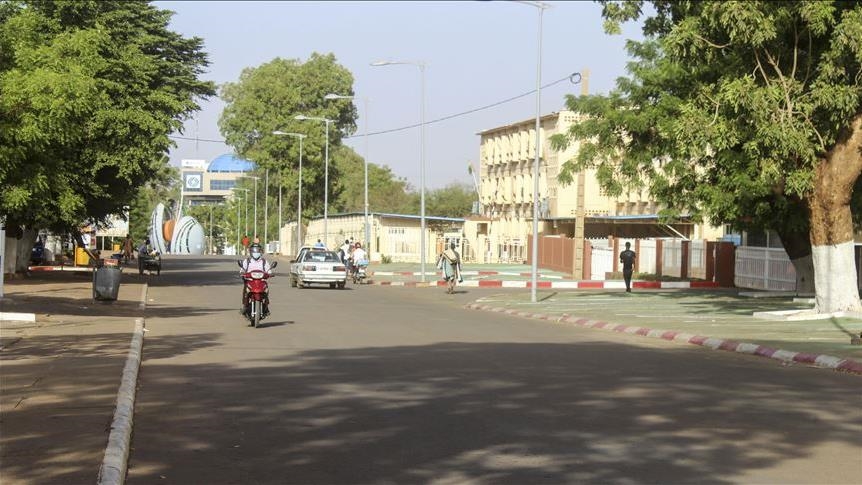Niger, one of poorest countries in world, struggles under economic sanctions
International community announce consecutive sanctions in effort to alter course of coup

DAKAR
Niger, one of the world's poorest countries, is facing an economic crisis due to regional and international sanctions following the military coup on July 26.
The international community has announced consecutive sanctions in an effort to alter the course of the coup, with warnings that these sanctions could result in irreversible consequences for the country.
Niger ranks 189th out of 191 countries in the 2022 UN Human Development Index.
Despite being the 7th largest supplier of uranium in the world, Niger also ranks 7th among the world's poorest countries.
In Niger, where approximately 10 million people (41% of the total population) live in extreme poverty, 40% of the state budget consists of foreign aid.
Due to conflicts in neighboring Burkina Faso, Mali and Nigeria, Niger is also dealing with an influx of refugees.
According to the UN data, Niger hosts 255,000 refugees who have fled from Burkina Faso, Mali, and Nigeria.
EU suspends financial support and cooperation
The EU allocated a budget of €503 million ($554 million) between 2021 and 2024 to be used for education, governance, and sustainable growth.
Meanwhile, through the European Peace Facility (EPF), the EU approved a total budget of €70 million ($76 million) last year to support the Nigerien army.
EU's foreign policy chief Josep Borrell said that the coup would have consequences for EU-Niger relations, announcing the immediate suspension of budget support to Niger and the suspension of security collaborations.
France, which announced a $131.6 million aid package for Niger last year, has suspended all development aid and budget support.
Germany also reported suspending a two-year aid package worth €120 million ($131 million) approved in 2021.
The US, which announced $233 million in aid for Niger this year, said that the aid is at risk due to the coup.
The World Bank announced a halt in payments for Niger operations, except for special partnerships.
Nigeria Cuts Electricity Supply
Additionally, heavily dependent on neighboring Nigeria for electricity, Niger is facing a significant energy crisis.
Nigeria, which supplies 70% of Niger's electricity needs, cut off the power supply to Niger, leading to a complete halt in electricity provision.
Alongside the international community, regional organizations have also imposed sanctions on Niger.
The Economic Community of West African States (ECOWAS) announced the cessation of all commercial activities with Niger.
The Central Bank of West African States (BCEAO) froze all of Niger's assets due to the coup.
A group of soldiers calling themselves the National Council for the Safeguarding of the Country (CNSP) delivered a statement on Nigerien state television on July 26, shortly after detaining President Mohamed Bazoum, and said they took the step due to the “deteriorating security situation and bad governance.”
Bazoum was elected in 2021, in Niger’s first democratic power transition since it gained independence from France in 1960.
Anadolu Agency website contains only a portion of the news stories offered to subscribers in the AA News Broadcasting System (HAS), and in summarized form. Please contact us for subscription options.

